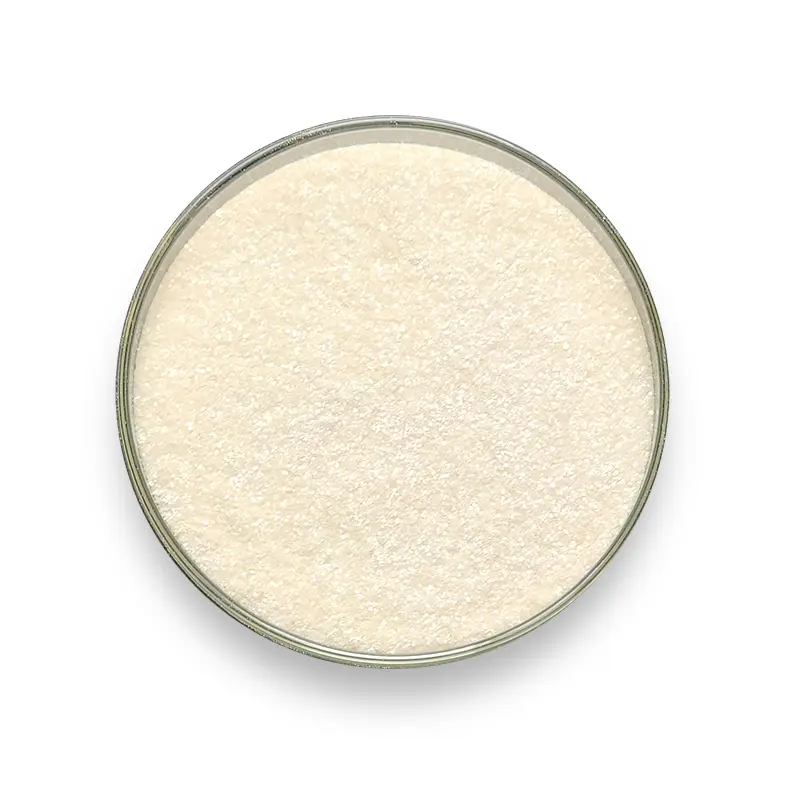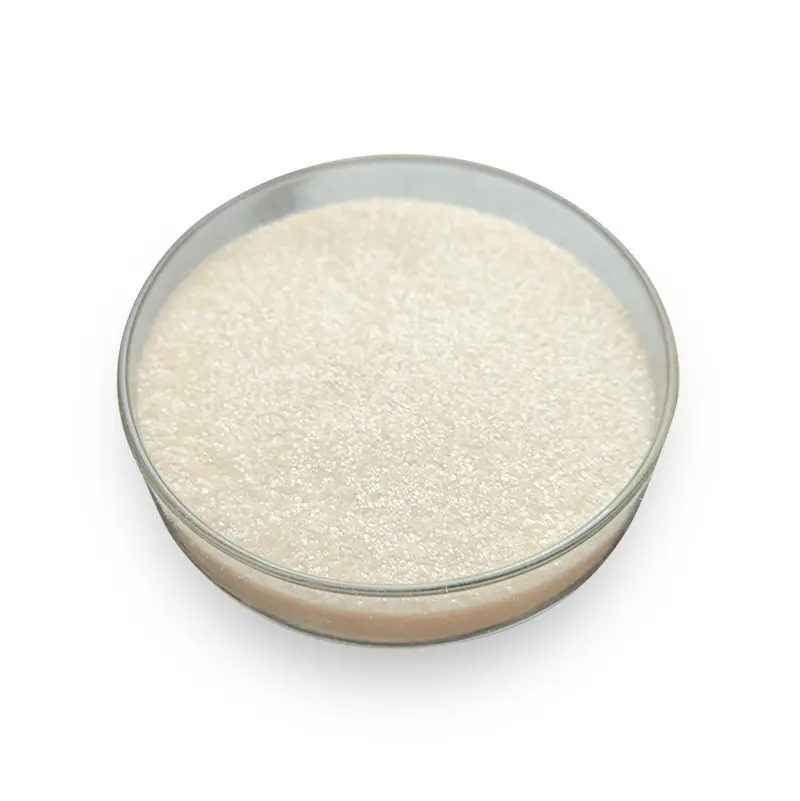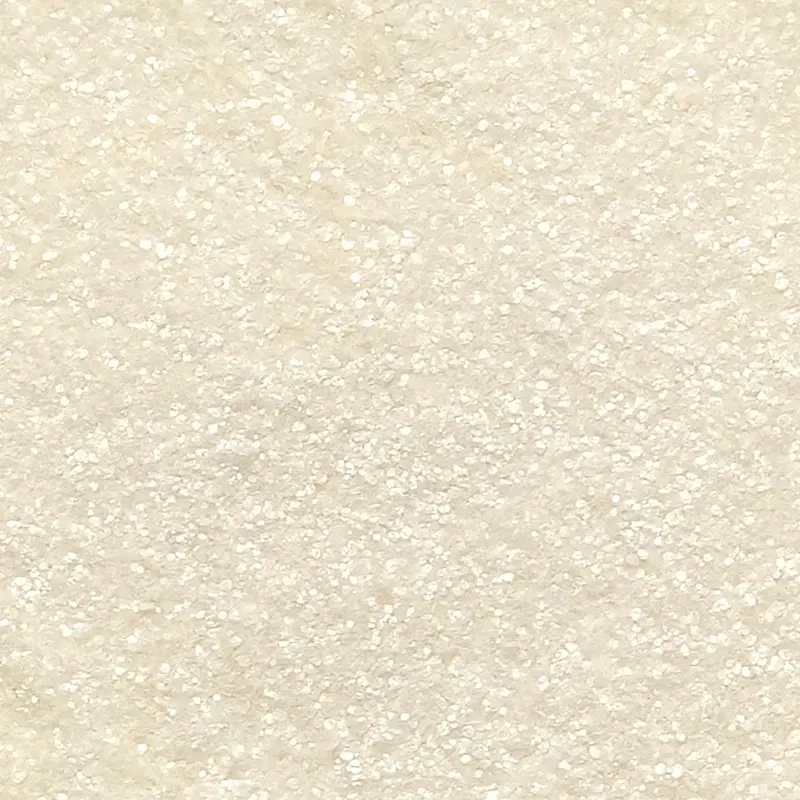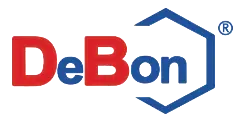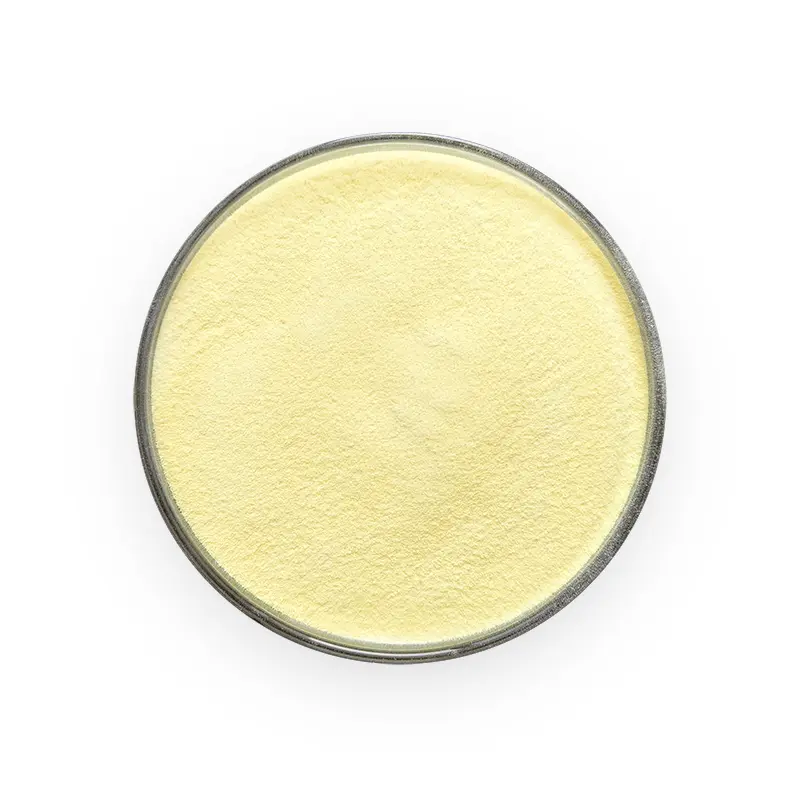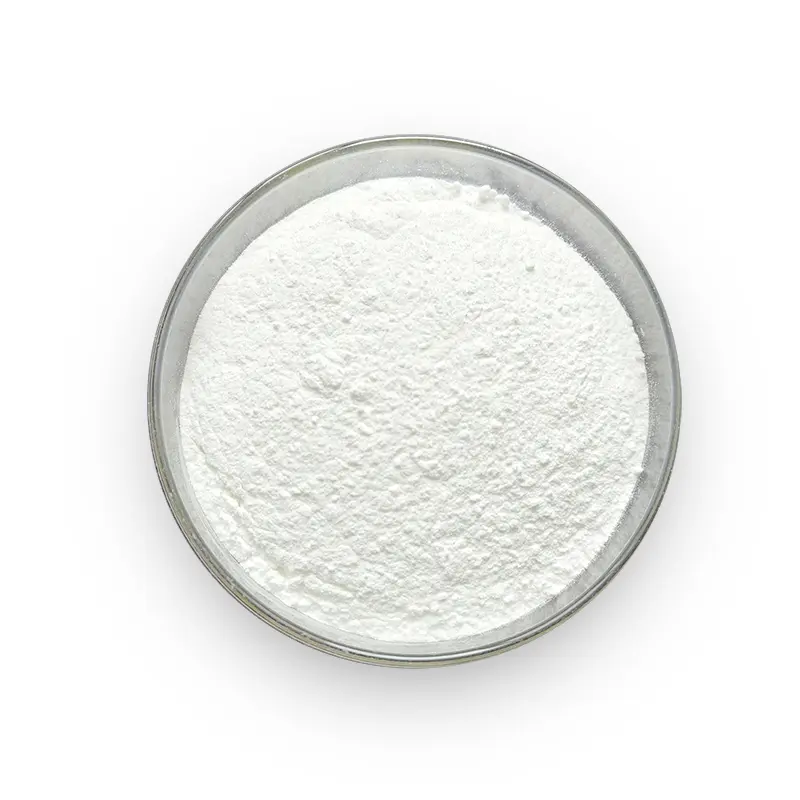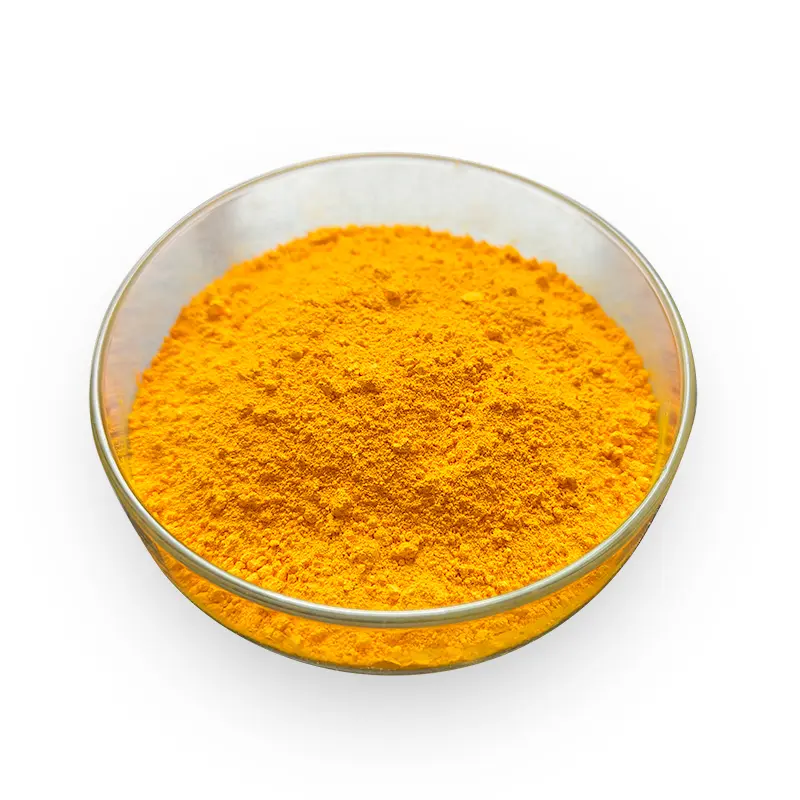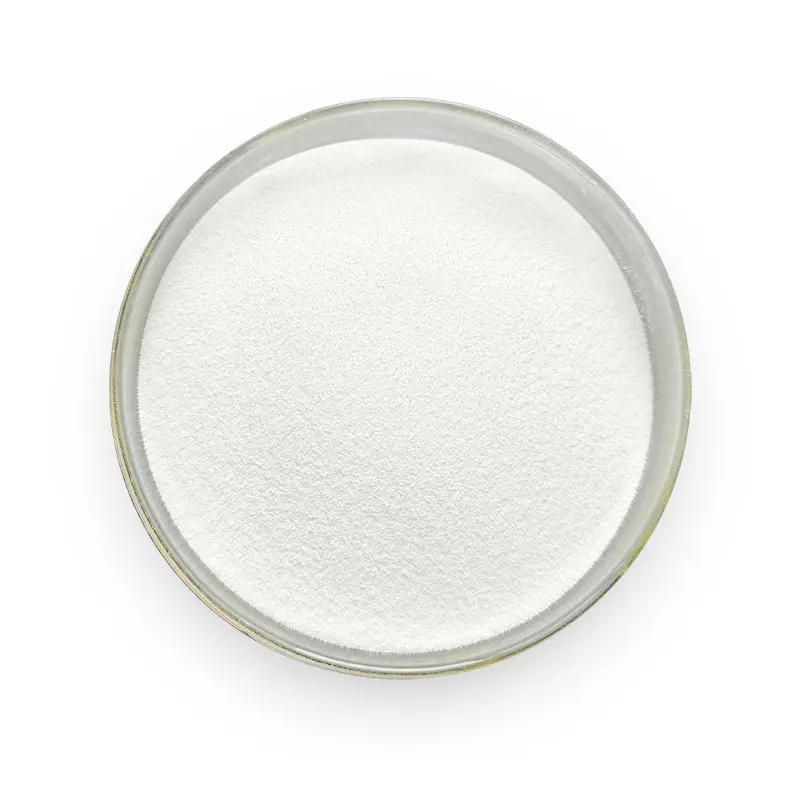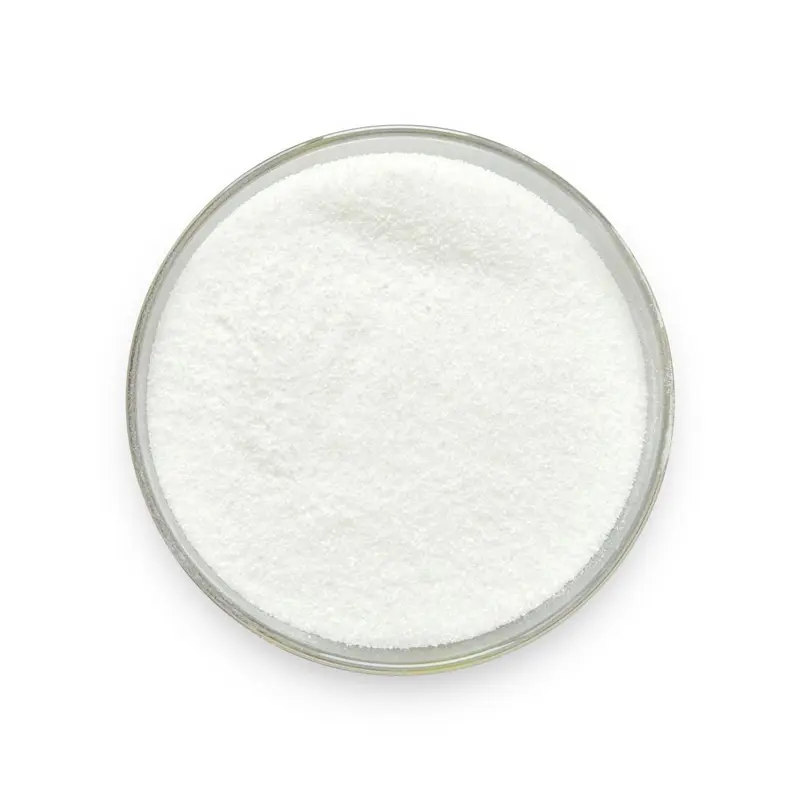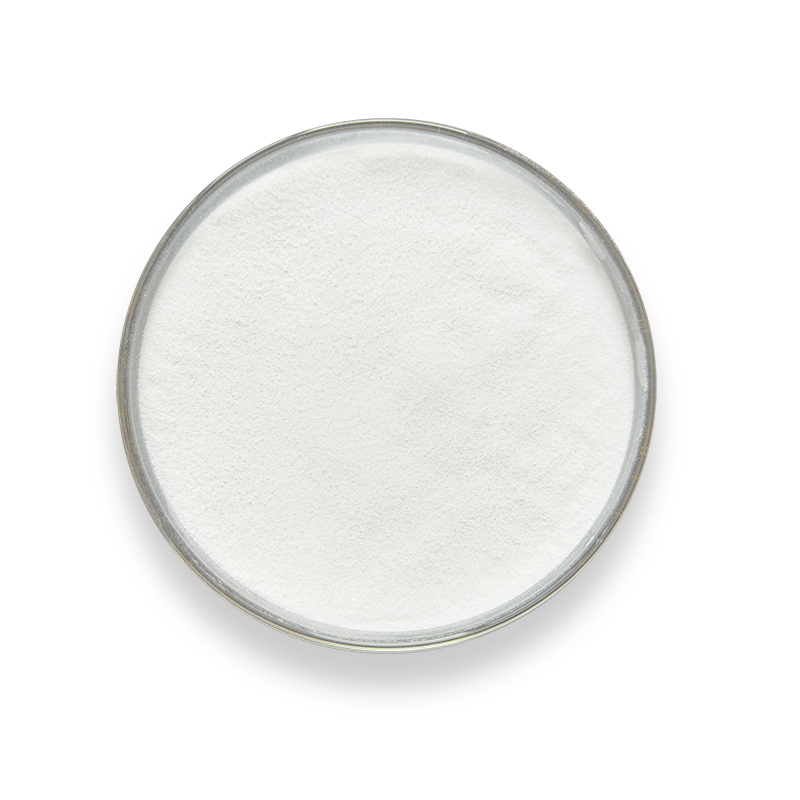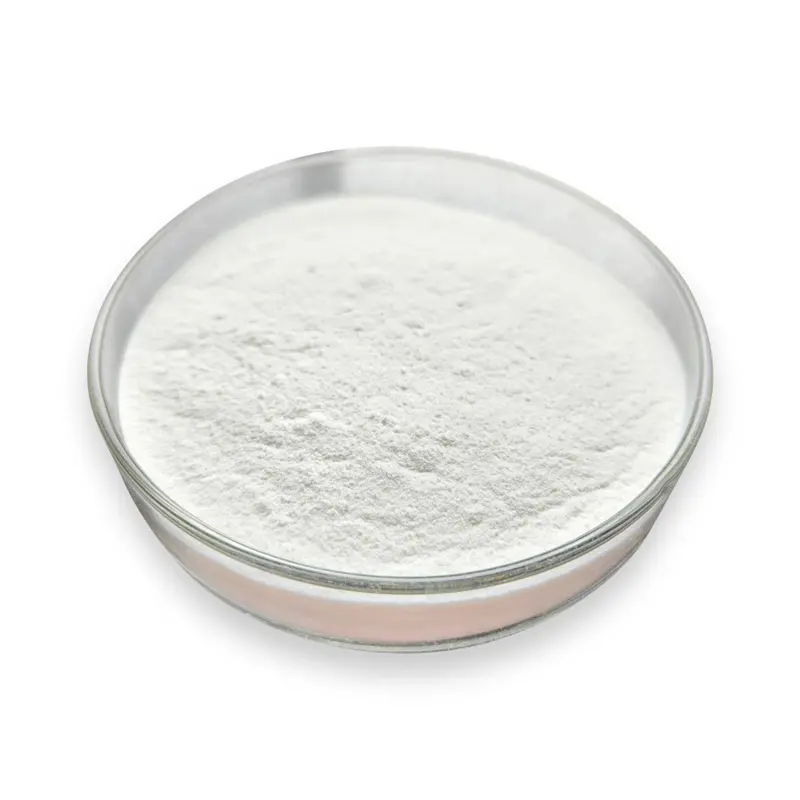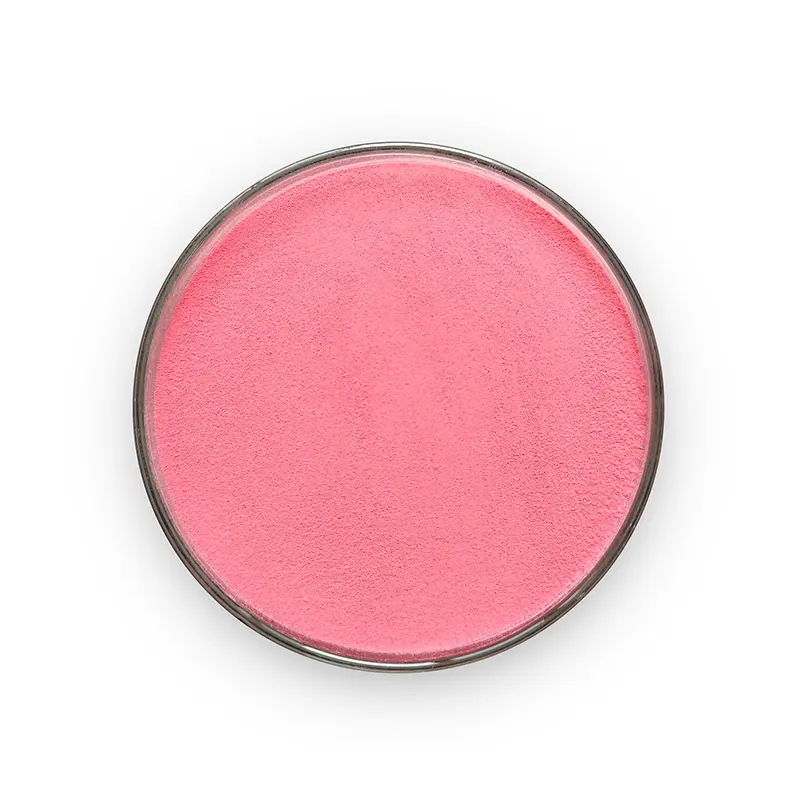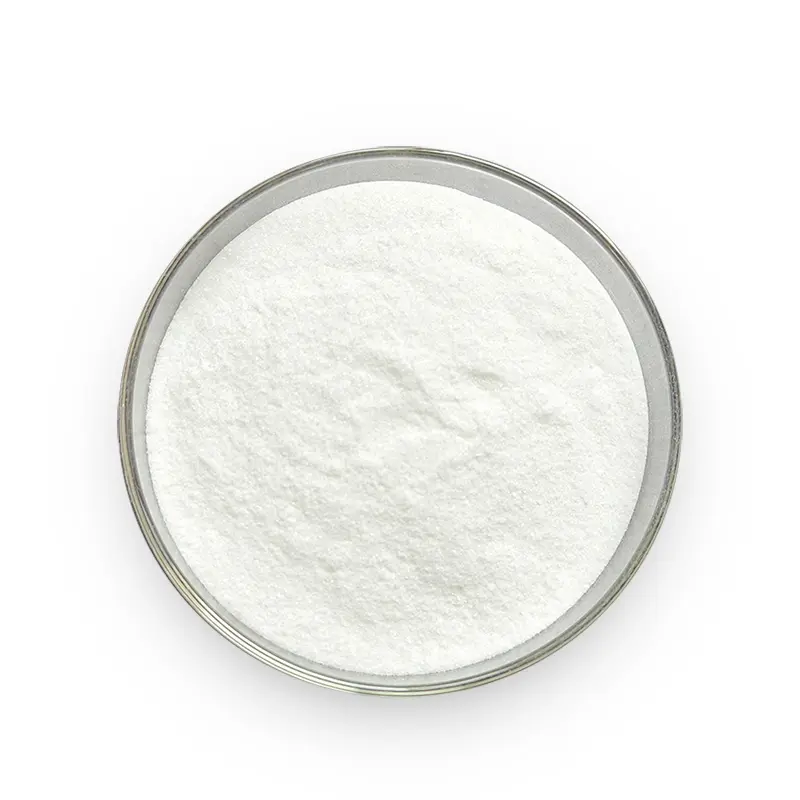DeBon Innovative Chelated DL-Methionine Feed Additive
Product Specifications
| Product Name | DL-Methionine |
| Active Ingredient | DL-Methionine ≥99.0% |
| Appearance | White to light gray crystalline powder or flakes |
Physical & Chemical Indicators:
| Loss on Drying | ≤0.5% |
| Raw Material | Synthesized from petrochemical raw materials via patented processes |
| Compliance Standards | GB/T 17810-2009 (Feed Grade) |
Functions
DL-Methionine is essential for:
Protein Synthesis: Promotes muscle growth and tissue repair in livestock and aquatic species.
Feed Efficiency: Enhances nutrient absorption and improves feed conversion ratios.
Health Support: Balances amino acid profiles in animal diets, supporting metabolic functions and immune health.
Growth Performance: Optimizes growth rates and overall productivity in poultry, swine, cattle, and aquaculture.
Storage & packing
Storage Conditions
Store in a dry, clean environment, protected from moisture and contaminants.
Avoid exposure to direct sunlight or extreme temperatures.
Packaging
Net Weight: 25 kg/bag
Shelf Life:36 months
Usage & Dosage
Application: Uniformly blend into compound feed or premixes.
Recommended Dosage:
Livestock & Poultry: 1.0–2.0 kg per metric ton of feed.
Swine: 0.3–1.5 kg/ton of feed
Aquaculture: 0.8–3.0 kg/ton of feed
Aquatic Species: Adjust dosage based on species-specific requirements.
Note: Do not administer directly to animals; always mix thoroughly into feed.
Additional Notes
Precautions: Ensure thorough mixing to avoid uneven distribution.
FAQs
1. What is DL-Methionine Feed Additive?
DL-Methionine is a synthetic essential amino acid used as a feed-grade supplement to optimize animal diets. This product contains ≥99% pure DL-Methionine in crystalline or powder form, providing a bioavailable source of sulfur-containing amino acids critical for protein synthesis, feather/fur development, and metabolic functions in livestock and poultry.
2. Why is DL-Methionine supplementation important?
Methionine is the first limiting amino acid in poultry and swine diets. Supplementation improves growth rates, feed efficiency, and carcass quality, supports immune function, and reduces nitrogen excretion. It is especially vital for poultry to prevent feather pecking and promote healthy plumage.
3.Is DL-Methionine safe for animals?
Yes, it is safe and non-toxic when used as directed. Over-supplementation may cause amino acid imbalances or metabolic stress (e.g., reduced feed intake). Strictly adhere to recommended levels.
4.Can DL-Methionine replace other sulfur-containing additives (e.g., HMTBa)?
Yes, but adjust dosing based on bioavailability. DL-Methionine is directly utilized by animals, while hydroxy analogues (e.g., HMTBa) require metabolic conversion. Consult a nutritionist for equivalency calculations.
Compatibility & Contraindications
Compatible With
Amino Acids: Lysine, threonine, tryptophan.
Vitamins: B-complex vitamins (especially B12 and choline for methionine metabolism), vitamins A, D, E.
Minerals: Selenium yeast, zinc oxide, calcium carbonate (at recommended levels).
Acidifiers: Organic acids (e.g., formic acid, propionic acid).
Antioxidants: Ethoxyquin, natural tocopherols.
Contraindications
Strong Oxidizing Agents (e.g., potassium permanganate, hydrogen peroxide): Risk of sulfur oxidation, reducing bioavailability.
Alkaline Substances (e.g., sodium hydroxide, excess limestone): May degrade methionine by altering pH.
Hygroscopic Additives (e.g., choline chloride): Pre-mix with a dry carrier (e.g., wheat bran) to prevent moisture absorption and caking.
High Copper/Iron Levels: May chelate methionine, impairing absorption.
product details
